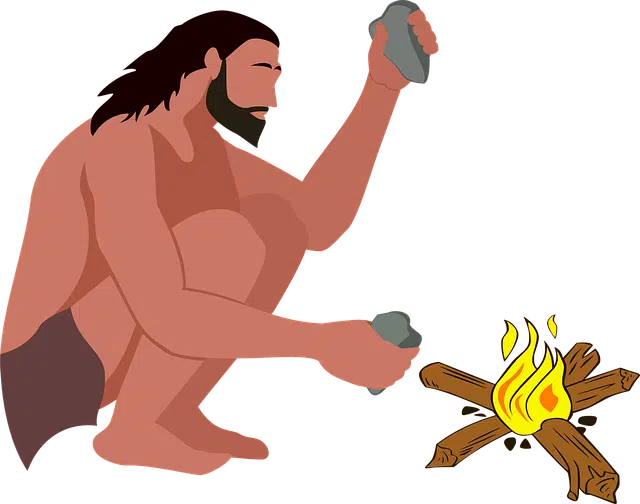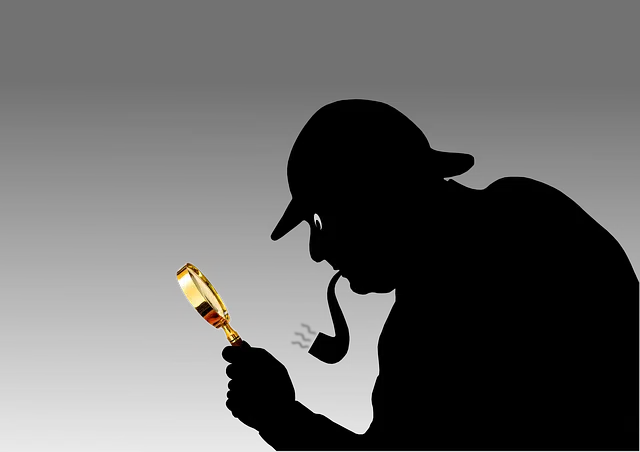
The discovery of fire was key to the development of human beings.
The etymological origin of the term discovery is found in Latin. Specifically, it is the result of the sum of several Latin roots, such as the following: the prefix «des-«, which can be translated as «negation»; the verb "cooperire", which is synonymous with "cover"; and finally the suffix "-ment", which is equivalent to "instrument".
A discovery is a discovery or finding of something that was hidden, secret or unknown . It is a novel observation of certain aspects of reality. For example: «The discovery of a large dinosaur under the shopping center has amazed the neighbors» , «Are you only now realizing the situation? What a discovery..." , "I still can't understand how the discovery of that substance occurred."
Fundamental discoveries in human history
Fundamental in the History of man have been two of the first discoveries that took place:
• That of fire, which was produced 790,000 years ago by homo erectus and which allowed it to cook, make tools or even defend itself against animals.
• That of the wheel, which took place in Mesopotamia in the 5th millennium BC and which changed the world by allowing land transport to be improved or the creation of machinery.

A discovery can be a finding of something that, until then, was unknown.
The concept in science
The notion of discovery is common in the field of science . The successive efforts of researchers over time make it possible to achieve discoveries, although, sometimes, these are achieved by chance.
Within the scientific field, a multitude of discoveries have occurred throughout History that have marked a before and after in the life of human beings. Specifically, among the most significant is that of penicillin , which was carried out in 1928 by the Scottish scientist Alexander Fleming. It has become one of the most important antibiotics when it comes to dealing with bacteria that cause various types of infections such as scarlet fever, borreliosis or pneumonia.
However, the discovery of x-rays is also very important in this field. In 1985 it was when the German physicist Wilhelm Röntgen carried out that act. Thanks to its advances, today health professionals have in X-rays fundamental instruments to diagnose patients and establish the corresponding treatments.
In some cases, it is not known precisely how discoveries occur. This is the case of dulce de leche , which has different origin stories depending on the country.
Subjectivity of discovery
Discovery is usually called the first contact of a people with another culture , in a geographical area different from their own. Europeans speak of the discovery of America to refer to the arrival of Christopher Columbus to the continent in 1492 , although it is impossible to "discover" a land that had already been inhabited for thousands of years. In reality, the so-called discovery of America was a novelty for the Europeans who first arrived in these lands, but that same soil did not present anything new for the Native Americans.
This shows that the concept of discovery can also be subjective. A girl may tell another girl that she has "discovered" a new clothing store in the neighborhood, while her friend may respond that she already knew it (that is, she had "discovered" it before).
